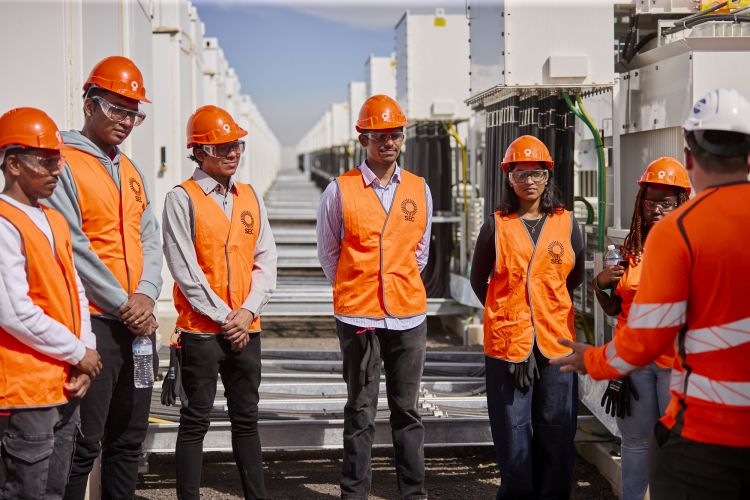The history of the SEC
The original State Electricity Commission of Victoria started in 1918 when the Victorian Government appointed ‘electricity commissioners’ responsible for the generation and distribution of electricity throughout the state.
Their main task was to tap the vast brown coal reserves of the Latrobe Valley for electricity generation, freeing Victoria from its reliance on imported fuel.
The new SEC will free Victoria from its reliance on emissions-intensive coal, accelerating delivery of affordable, reliable, renewable energy.
Why do we need the SEC
Australia’s energy sector is transforming. As ageing coal-fired power stations close, we need to transition to renewable energy. Victoria’s electricity system has relied heavily on coal, which increases our carbon emissions and has threatened the stability of our power supply.
The SEC will invest in the industry to rapidly transform the sector. The transition to renewable energy will create thousands of jobs, bring billions in private investment and help Victoria achieve its nation leading renewable energy targets.



